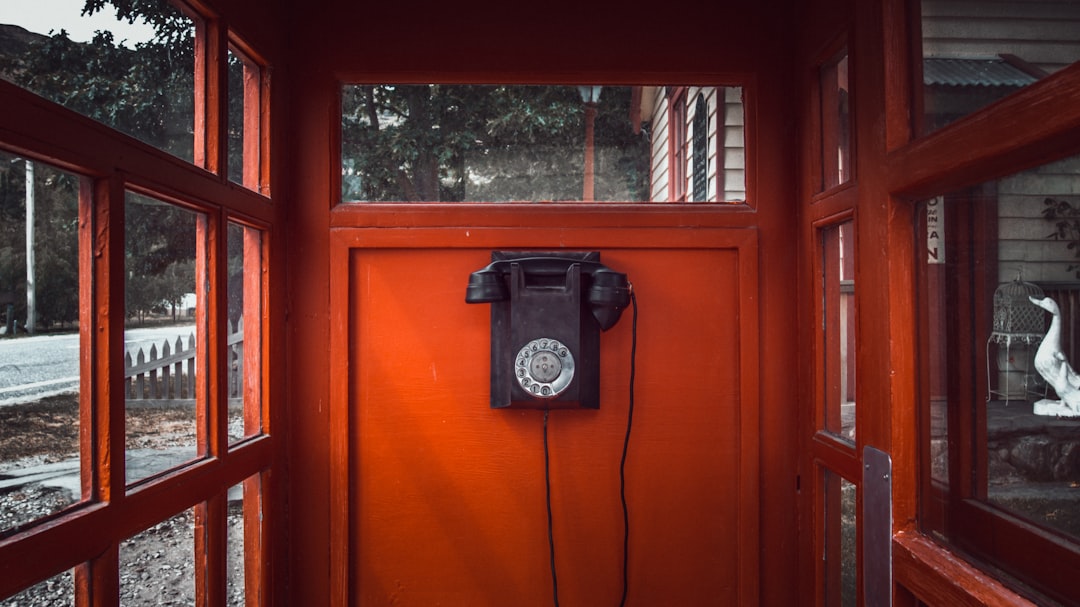Spam calls are a prevalent issue in Wisconsin, impacting residents' privacy and potential financial security. With 100 million daily spam calls, it affects everyone from older adults to small businesses. To combat this, form a local coalition engaging the community, hosting informational sessions, and utilizing social media. Advocate for stricter regulations and lobby for policies to stop spam calls in Wisconsin. Educate residents and businesses on recognizing and reporting spam, encouraging call blocking technologies and working with telecom providers to enable features like Call Trace and Block.
Tired of incessant spam calls disrupting your Wisconsin peace? You’re not alone. In this guide, we explore how to build a local coalition to combat this growing nuisance. From understanding the problem’s profound impact on communities across Wisconsin to implementing effective action plans, learn strategies for community engagement and technological solutions to stop spam calls at their source. Join the fight and reclaim your quiet time.
Understanding the Problem: The Impact of Spam Calls in Wisconsin

Spam calls are a persistent and growing problem in Wisconsin, impacting residents across the state. With an estimated 100 million spam calls made daily, Wisconsinites often find themselves on the receiving end of unwanted marketing messages, fraudulent schemes, or even threatening calls. This deluge of spam not only disrupts daily life but also contributes to rising communication costs and wasted time for individuals and businesses alike.
The effects are far-reaching: from harassment and invasion of privacy to financial loss and heightened security concerns. Older adults and small businesses are particularly vulnerable, making it crucial to address this issue collectively. Understanding the scale and impact of spam calls is the first step in building a local coalition against them. By coming together, residents can educate themselves and others, advocate for stricter regulations, and explore technological solutions to mitigate these intrusive phone calls, ultimately ensuring a safer, less disruptive environment for all Wisconsinites.
Building a Coalition: Strategies for Community Engagement

Building a local coalition against spam calls requires engaging your community and harnessing collective power. Start by reaching out to like-minded organizations, consumer protection groups, and local businesses in Wisconsin. Host informational sessions, town halls, or workshops to raise awareness about the issue of spam calls and how it impacts residents. Utilize social media platforms and local news outlets to amplify your message and encourage participation.
Encourage community members to share their experiences with spam calls and collaborate on solutions. Form working groups focused on specific aspects like legal advocacy, public education, or technology development. Regularly communicate updates, success stories, and actionable steps through newsletters, emails, or community forums. By fostering strong partnerships and involving residents actively, your coalition can effectively lobby for policies to stop spam calls in Wisconsin and create a safer, more peaceful environment for all.
Effective Action Plans: Stopping Spam Calls at the Source

To effectively combat spam calls in Wisconsin, it’s crucial to implement action plans that target the source of the problem. Start by educating local businesses and residents on recognizing and reporting spam calls. This can be achieved through community workshops, informative webinars, or easily accessible online resources. By raising awareness, you empower folks to take proactive measures against these unwanted intrusions.
Encourage the adoption of call blocking technologies and apps designed to identify and filter out spam callers. Collaborate with local telecom providers to explore options like Call Trace and Block features, ensuring that Wisconsin residents have the tools they need to silence spam calls at the source.






